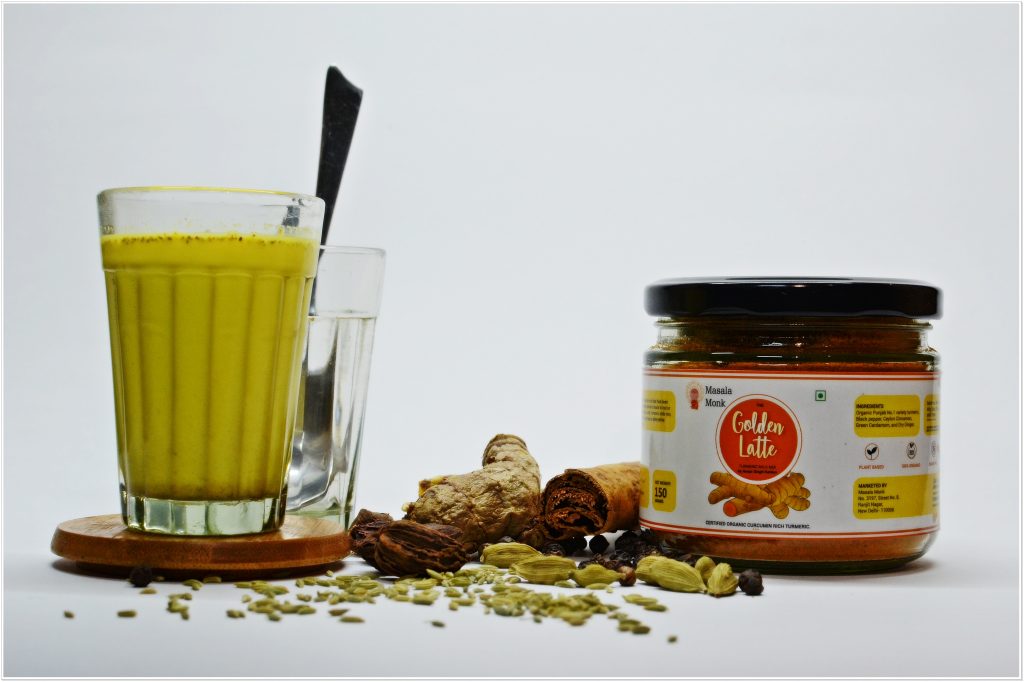
Hello, health enthusiasts! Today, we’re shining the spotlight on a golden spice that’s been a staple in traditional medicine for thousands of years – turmeric. We’re featuring a video from the The Yoga Institute YouTube channel, where they share the top health benefits of consuming turmeric and how to avoid potential side effects. This video has garnered over 1.9 million views, making it a popular resource for those interested in natural health remedies.
In the video titled “Top 3 Health Benefits of Consuming Turmeric | Healthy Tips | Boost Immunity with Turmeric”, The Yoga Institute introduces us to the various benefits of turmeric and how to incorporate it into our daily diet. Here are some key takeaways:
- Relieves Pain and Inflammation: Turmeric, particularly its active component curcumin, has anti-inflammatory properties that help relieve pain and inflammation in the body. It’s particularly beneficial for relieving osteoarthritis pain and various joint pains.
- Improves Memory: Curcumin aids in the prevention of neurodegeneration, making turmeric a great addition to your daily meals to improve brain power and prevent age-related memory loss.
- Helps Fight Depression: Curcumin has a positive effect on mood by regulating neurotransmitters such as dopamine and serotonin, which are responsible for generating happy feelings.
- Helps Prevent Cancer: Chronic inflammation is one of the causes of cancer, and curcumin’s anti-cancer characteristic helps regulate the body’s inflammatory processes.
- Protects Against Viruses: Turmeric helps in the development of the immune system. Its antiviral property helps fight against viruses, making it a great addition to your diet, especially during the pandemic.
- Promotes Glowing Skin: Turmeric slows down the oxidation process, thereby slowing down premature aging. It prevents breakouts and acne, helps remove dark spots and dark circles, and brings out the skin’s natural glow.
While turmeric is generally safe to consume, it’s important to use it in moderation to avoid potential side effects such as mild digestive issues and blood thinning.
If you’re interested in learning more about the benefits of turmeric and how to incorporate it into your diet, be sure to check out the full video on The Yoga Institute’s YouTube channel.
And hey, if you’re passionate about food and health, why not join our community over at EatLo? We’re a group of food lovers who share recipes, cooking tips, and health advice. We’d love to have you! 🥗🍴












